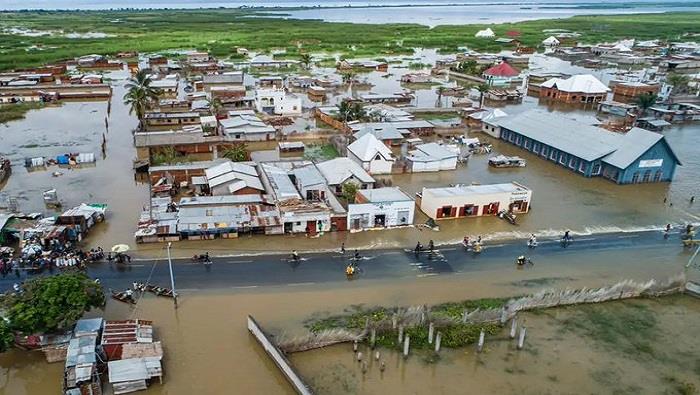The relocation set off this weekend from Gutumba, westward of the country near the border with the Democratic Republic of Congo, to Matyazo, about 30 kilometers from Bujumbura, the economic capital of that nation.
The Burundian authorities are facing serious logistical problems in accommodating so many people and have appealed for international assistance.
Rainfalls that have been pouring on Burundi for months caused Lake Tanganyika to overflow, flooding several villages near Bujumbura.
The outflows caused hundreds of thousands of displaced people as well as substantial damage to crops, houses, shops and schools, particularly in communities along the lake, according to official reports.
United Nations statistics put the number of people driven from their homes by the floods at 200,000.
Disaster management experts converged in blaming climate change for the density and persistence of the rainfall, which is also affecting Tanzania, which borders Burundi to the south and east.
The economic and human consequences of those floods are more severe because of poor land use, which is showing signs of fatigue, as Burundi, one of the world’s poorest countries, has 80% of its inhabitants farming for their livelihoods.
ef/omr/jha/fvt









